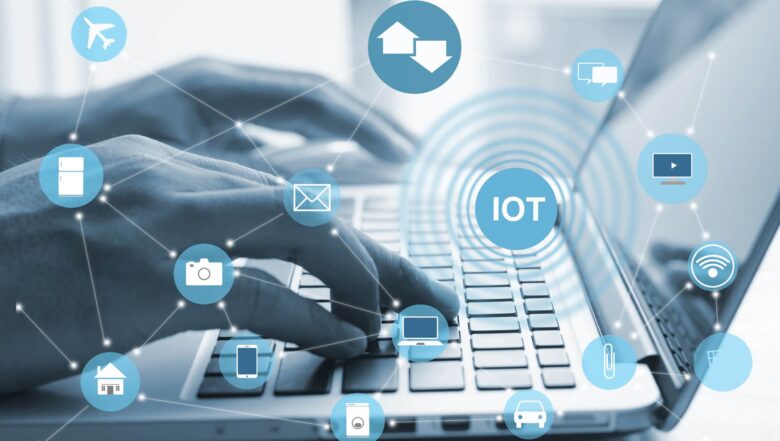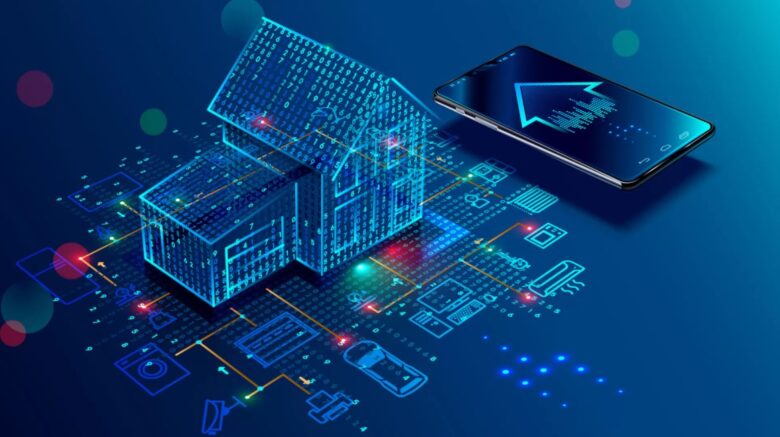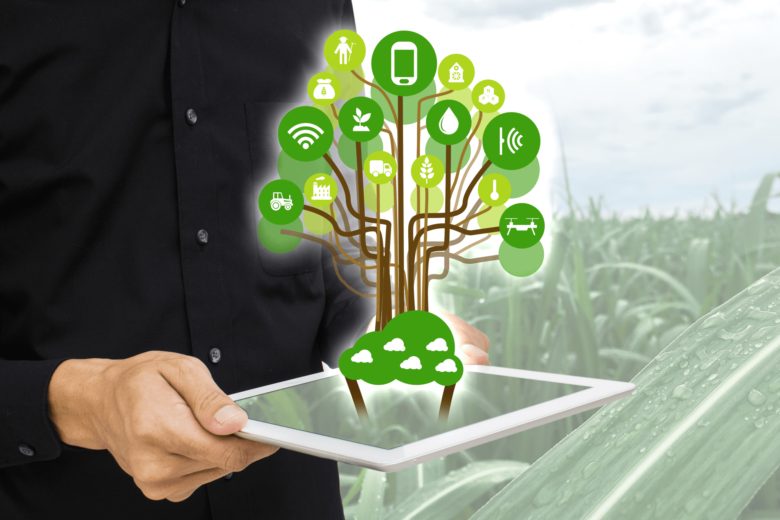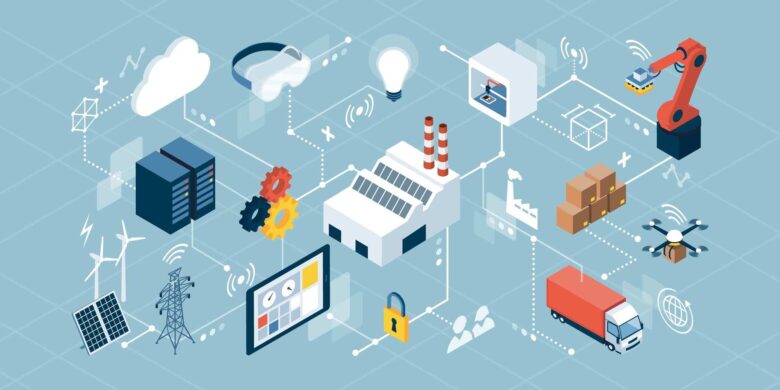IoT illustrates the network of signal-enabled devices connected to the internet and sharing data with other devices over the internet for the purpose of accomplishing tasks. The IoT devices are installed with technologies capable of sending and receiving data. These “things” range from home gadgets, wearables, lightbulbs, speakers, cars, cellphones to complex networks of industrial machines.
Daniel Burrus, founder, and CEO of Burrus Research, Inc., defined IoT as follows:
“The Internet of Things is a combination of networked sensors and machines that enable machine-to-machine communications. Enabling technologies to include the internet, advanced cloud services, wired and wireless networks, and data-gathering sensors, making the system instantaneous anywhere, anytime.”
IoT is so important because the use of internet-connected devices has become mainstream, and companies in diverse industries are adopting this technology so as to be more efficient, productive, and competitive. According to Statista, the installed base of active Internet of Things connected devices is forecast to reach 30.9 billion units by 2025.
“The IoT is a giant network of connected “things” (which also includes people). The relationship will be between people-people, people-things, and things-things.” writes Jacob Morgan, an author and futurist.
IoT has revolutionized how we live, interact with our environment and work in the 21st century. Today, almost everyone uses smart devices or makes use of a service that leverages the Internet of Things.
Over the years, there has been a gradual but steady improvement in internet technologies. Internet broadband is more readily available, signal-enabled devices are common, and the cost of creating networks of “things” is no longer as exorbitant as before. As a result, people now rely on IoT-enabled devices and environments for their day-to-day routines.
How We Use the Internet of Things in Our Everyday Lives

IoT is part of our everyday lives, and it’s designed to make things work better, aid efficiency, and improve our lives on all fronts.
Here are a few instances of how we use connected devices in our everyday lives:
- Wireless Wearables
- Smart Heating Systems
- Smart Home Appliances
- Connected Cities
IoT Wearables
Wireless wearables like sound devices, medical devices, and fitness trackers are common today. These devices are used to play music, track progress in sports, and check vital medical signs.
IoT-Enabled Heating Systems
IoT-enabled heaters have been adopted widely. Today, people can heat up water at home to the desired temperature from their offices. The heater is embedded with sensors that can send and receive signals —hence the ability to be controlled remotely.
IoT-Enabled Home Appliances

Technology-enabled home gadgets are used to get things done faster. Examples include Wi-Fi instant pot, smart coffee maker, Touch-free soap dispenser, connected scale, etc.
IoT Cities
There are cities that use IoT to improve efficiency by building fast transportation systems, efficient street lighting, and technology-enabled buildings. Urban-wide Wi-Fi, software, and installed smart systems provide some necessary things such as automatic water systems, smart street lighting, automated traffic management, etc. These connected systems reduce terrible experiences like water shortages and traffic jams.
For instance, Chicago was planning on improving lives in the city with a network of city-wide sensors known as the Array of Things. Las Vegas employs connected systems in improving traffic. In South Korea, Songdo is a smart city with networks that ensure transportation systems and other infrastructures work efficiently.
What Industries Can Benefit From the Internet of Things?
Many industries leverage IoT to improve almost every aspect of business operations. The ability to connect devices has helped companies to streamline operations and discover better ways of getting things done faster.
“Advantages of IoT include the ability to monitor and control, real-time asset management, faster response times, major cost savings, and, perhaps the biggest advantage, the ability to predict and prevent. IoT will create one of the biggest disruptions and opportunities we have seen in every imaginable field,” says Daniel Burrus.
Let’s explore, briefly, how some industries are benefiting from IoT.
IoT in Agriculture

Farmers and agribusinesses all over the world are using the Internet of Things to control water consumption, manage fertilizer use, track environmental changes and improve productivity. IoT technologies are used to monitor microclimates fluctuations, temperature changes, and humidity levels.
IoT in Manufacturing
IoT technologies improve every aspect of manufacturing – supply chain, production, warehousing, and delivery. Internet of Things connects every level of the Industrial Internet of Things (IIoT). With networking technologies, big data analytics, and predictive modeling, companies avoid faults & downtime, improve machine performance, increase production and manage customers effectively.
How Government Benefit From IoT
Internet of Things technologies are capable of providing solutions to problems facing nations and cities. IoT technologies enable governments to build smart cities where traffic congestion, public services, and security are highly efficient.
IoT in the Retail Industry
Smart devices have reshaped how retailers and retail chains do business. IoT applications collate data, analytics, and business processes across sections and locations, enabling retailers to have a real-time grasp of events. Inventory tracking devices, mobile & Wi-Fi systems, beacons, smart shelves, etc.; ensure the smooth day-to-day running of retail outlets.
Other industries benefiting from IoT include education, healthcare, and transportation.
Implementing the Internet of Things in Your Business

One of the best business decisions to make is to implement IoT in your company. However, the vendor you choose to work with makes all the difference. Webspace (https://webspaceteam.com/) can help you build the best technology solutions that fit your business needs. Webspace solutions include data management, Firmware integration, edge computing, and Mobile solutions.
The Internet of Things is crucial because it’s an integral part of our day-to-day lives and forms the core of business activities across industries. The benefits of this technology are expected to take new shapes following the mainstream rollout of 5G.
“Because of the increased spectrum that is available to 5G, it increases the overall bandwidth and allows a massive amount of IoT devices to connect,” says Michelle Engarto, VP Wireless Solutions and Product Line Management at Corning Inc.
The future of IoT is exciting. Individuals and companies will have a lot more to accomplish with IoT soon. The way we live and do business will be much more dependent on connected devices.

